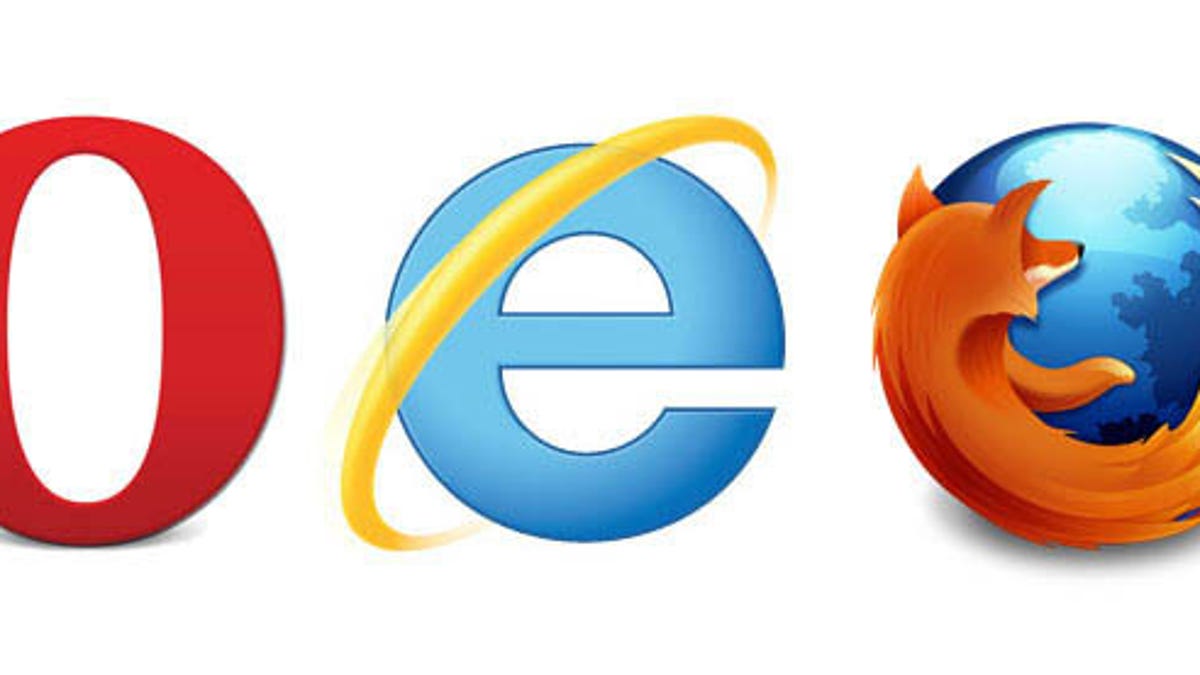EU regulators: We'll scrutinize Windows RT browser behavior
The European Commission's competition overseers "will remain vigilant" that Microsoft abides by an antitrust settlement involving Windows and browsers, but leave themselves plenty of wiggle room.

European authorities who earlier cracked down on Microsoft's browser behavior are now are keeping an eye on its upcoming Windows RT operating system -- but they aren't saying yet whether they have any objections.
Mozilla last week criticized Microsoft's choice to deny browsers other than Internet Explorer privileges necessary to make what it sees as a competitive browser on Windows RT, the new version of the operating system for ARM processors. Specifically, IE gets access to deeper Win32 interfaces, but Firefox, other browsers, and any other third-party software only get access to the new and more limited WinRT interface. Google shares Mozilla's concerns about browser limits on Windows RT.
In a statement, Antoine Colombani, the spokesman for European Commission's competition work, had this to say:
The commission is aware of these allegations and will remain vigilant that Microsoft fully complies with its commitments under the commission's 2009 decision on browsers. This decision applies to Microsoft's Windows operating system for PCs.
The 2009 decision refers to a settlement between the EC and Microsoft about its Windows monopoly that required Microsoft to present a choice of browsers besides Internet Explorer.
But it's unknown what exactly the EC means by "PCs," a very loosely defined term in the industry. Colombani declined to comment on the matter.
In the United States, some legal experts think Mozilla would have a hard time making an antitrust case given the differences between Windows RT and the traditional version of Windows. In particular, Windows RT is geared more for tablet devices, though the fact that Office 15 is built in indicates that Microsoft envisions them as personal computers, too. The U.S. antitrust case against Microsoft from the 1990s involved competition for operating systems for PCs using x86 chips. (At the time, Macs used PowerPC processors, though today they use Intel's x86 chips.)
If a Windows RT gadget counts as a PC because, well, it's a personal computing device, then the EC could trigger changes at Microsoft. If it's referring to a narrower definition -- machines using x86 chips, for example, or more traditional laptops and desktop using a physical keyboard and mouse -- Microsoft could be off the hook.
The U.S. Senate's antitrust subcommittee also is looking into the Windows RT browser situation.
With Windows 8 and Windows RT, Microsoft is introducing a new user interface called Metro that also appears on its present Windows Phone 7 and 7.5 devices. Metro apps tap into the WinRT application programming interface (API). On Windows 8, running on x86 machines, though, "classic" apps can also use the older Win32 interface, which ensures that the vast catalog of Windows software available today will run on Windows 8, too.
In classic mode on Windows 8, nothing changes for Firefox, Chrome, Opera, Safari, or other browsers.
In Metro mode, Microsoft made an exception for browser rivals on Windows 8. Initially, when using a browser with the Metro interface, only IE had access to the Win32 API. Microsoft accommodated other browsers, though, letting them use the Win32 API when running on Metro as long as they're set as the default browser.

